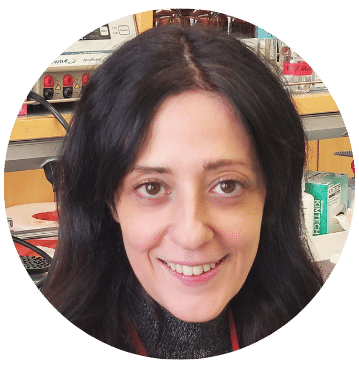Niloufer Khan, MD, MS

Researcher Spotlight: Niloufer Khan, MD, MS Memorial Sloan Kettering Cancer Center Cutaneous T-cell lymphoma (CTCL) is a type of skin lymphoma usually managed as a chronic disease without a standard frontline therapy, and treatment plans typically vary from patient to patient.…








